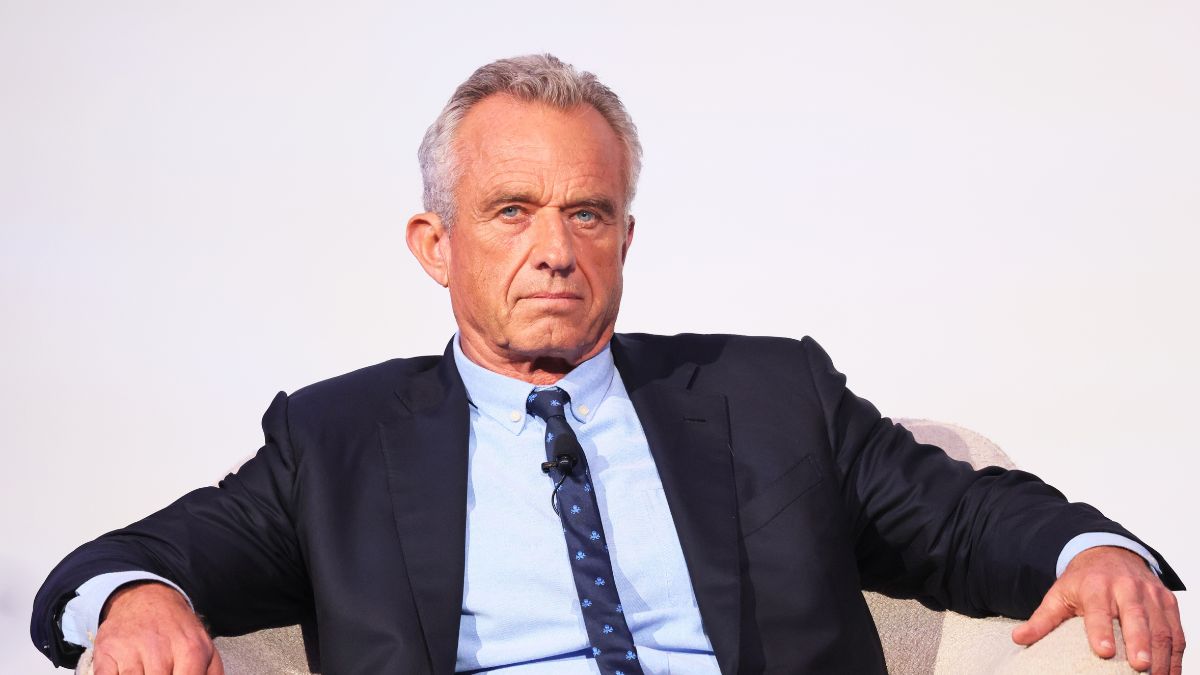
Health and Human Services Secretary Robert F. Kennedy Jr. announced that all seventeen members of the Centers for Disease Control and Prevention’s Advisory Committee on Immunization Practices (ACIP) have been removed and will be replaced by people who have not yet been named.
Kennedy called this a “clean sweep” and said it was needed to rebuild public trust in vaccine science. However, the decision has quickly led to strong criticism from many health officials, organizations, and experts.
The ACIP is a group of independent experts who advise the CDC on vaccine safety, effectiveness, and whether they are clinically necessary. All seventeen current members were appointed during the Biden administration, with thirteen of them joining in 2024. Kennedy argued that this timing would have prevented the Trump administration from appointing most of the Committee’s members until 2028.
Kennedy said in a Wall Street Journal post found by ABC News, “A clean sweep is necessary to reestablish public confidence in vaccine science. ACIP new members will prioritize public health and evidence-based medicine. The Committee will no longer function as a rubber stamp for industry profit-taking agendas.”
Kennedy has let go of the vaccine committe
The Department of Health and Human Services (HHS) released a statement supporting Kennedy’s decision, saying the administration is focused on restoring trust through unbiased science. Kennedy also wrote an opinion piece in The Wall Street Journal explaining his reasons, saying the Committee had too many conflicts of interest. However, the CDC has publicly listed conflict of interest disclosures from voting members since 2000.
This move goes against what Kennedy had said before. In February, Senator Bill Cassidy said Kennedy had promised not to make any changes to the ACIP. After the announcement, Cassidy said he was worried the new Committee might be filled with people who doubt vaccines, and he plans to keep talking with Kennedy to make sure that does not happen.
The decision has been met with immediate backlash. The president of the American Medical Association said this could damage trust in a system that has saved many lives, especially as measles cases rise and childhood vaccination rates fall. Former CDC directors also expressed concerns, saying this could create confusion and make people doubt public health processes. One former director said the secretary’s decision spreads confusion and undermines clear public health protections.
RFK Jr. had already been doing things without the committee’s permission, and a man who says not to take his medical advice getting rid of people who give good medical advice seems to be par for the course. A pediatric infectious disease specialist who serves on the FDA’s vaccine advisory panel called the decision very dangerous, saying the ACIP’s work has clearly improved children’s health. The Pharmaceutical Research and Manufacturers of America also said this decision creates uncertainty and could harm progress made through vaccines. Stock prices for some vaccine companies dropped slightly after the news.
The HHS did not provide specific proof that the removed ACIP members had conflicts of interest with the vaccine industry. The CDC’s website, last updated in March, showed that one current member had stepped back from voting on certain vaccines because of past work on clinical trials. Experts in vaccine law pointed out that the ACIP has always been non-political and that past presidents have not usually influenced its membership.
